It's about time for data in mental health
Lowering wait times without hindering accuracy and depth of assessments, diagnoses, and supervision.
Tom Hudock, co-founder of ADHD For Life
5/7/20232 min read
We strongly believe that utilizing data and evidence is instrumental in both improving access to mental health care and enhancing health outcomes. In particular, psychologists have invaluable knowledge and expertise that can benefit patients in a unique way that differs from the services provided by counselors and therapists.
It is crucial that people have access to evidence-based assessments and diagnoses, as this will enable doctors and psychologists to make more informed decisions and deliver more effective treatments. The waitlists are long to access family doctors, psychiatrists and psychologists. The stresses, pressures, worries, and constant change won't be going away. Mental health challenges are here to stay.
Why involve a psychologist?
There are three main strengths of psychologists that can make life better for patients and also for GPs and other health professionals. Their 5,000+ hours of training in mental & behavioral health makes them experts in assessing a person's symptoms accurately and in-depth. They are qualified to diagnose, as are family doctors. They can also provide supervision on a health care team.
But psychologists, just like family doctors, have long waitlists.
Yes, they do. We believe by giving easier access to evidence and data, a family doctor or psychologist can increase the speed to diagnose without jeopardizing the quality and accuracy of the diagnosis. There doesn't seem to be a slowing down of the number of adults requesting ADHD assessments and professionals often scheduling interviews 6 - 9 months into the future. A long time to wait for someone who's looking for understanding and relief.
The costs of mental health services outside of primary care are prohibitive.
Those who have health care benefits that include mental health services and assessment time are the fortunate few. Often people are deciding between less effective alternatives (including Dr. Social Media) or living with their symptoms. The members we have attending our coaching programs often haven't found reliable, educated, cost effective services to meet their needs. When they attend our groups, they are typically excited and relieved to have access to a psychologist.
Psychologists are highly educated and effective. But not if the costs are out of reach from the majority of people. By speeding up the time a psychologist spends on assessing people without reducing the depth and accuracy would reduce the costs of hiring a psychologist. To speed things up, we look to tools. Tools are meant to speed things up in two ways - by reducing repetitive tasks and providing instant answers to volumes of research.
Technology is faster and more accurate than humans in both cases. So the right evidence-based tools, backed by research and expertise, would increase the speed and availability for patients.
We could hire more counselors and psychologists.
Hiring more people into a role has rarely been an effective solution to a problem. It often creates more issues for the organization. Training, standards, and retention are a few challenges that arise. Not to mention scaling up to meet the mental health needs is slower if you simple focus on employing more people.
But when organizations support their staff in being more effective, then you actually reduce the issues. And people are much happier when they know they're being effective and have value. Give them the proper tools to do their work and they'll more effective for patients.
Step 2 of our Master Plan is to support psychologists, family doctors, and other mental health professionals to accurately assess disorders with technology. The money earned from having hundreds of people through our coaching programs is being used to fund Step 2.
We are well on our way with our secret plan.
Who are Dr. Claire Sira and Tom Hudock?
Over the past 10 years, Dr. Claire and Tom have coached individuals and groups for ADHD, authored books, and created software called HyperFocus that helps doctors effectively assess ADHD. We equip adults with the skills and awareness for taking on ADHD challenges.
132-328 Wale Rd,
Colwood, BC V9B 0J8
(c) 2025 ADHD For Life Productions Inc.
Privacy Policy | Terms and Conditions
Connect with Dr. Claire Sira and Tom Hudock on Social Media:


